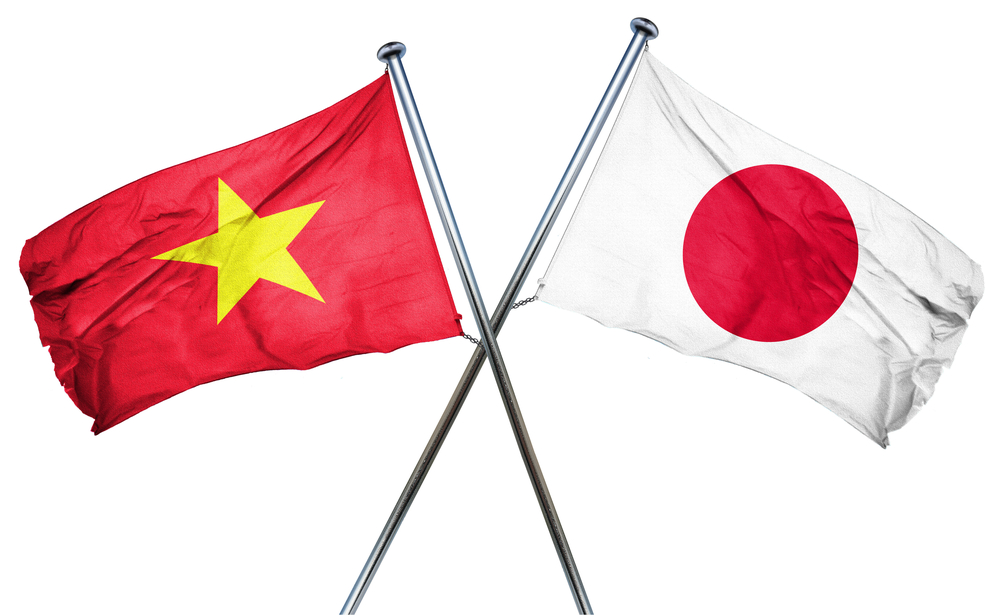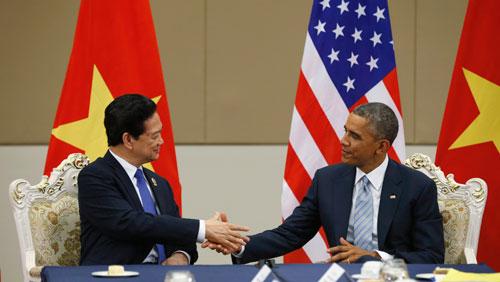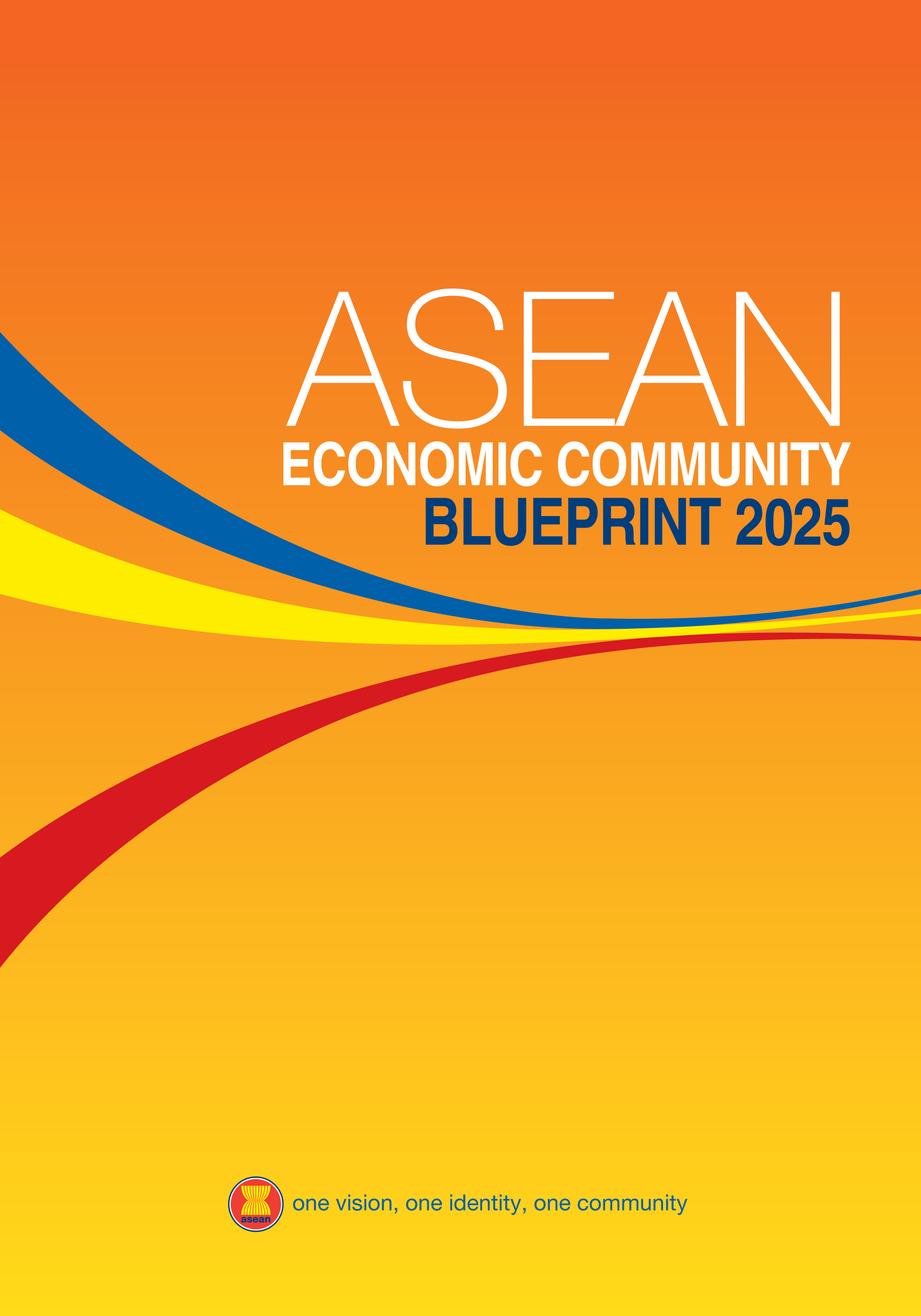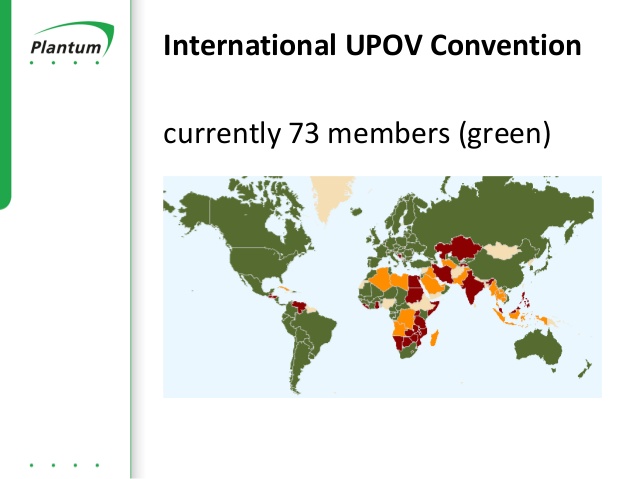Decree No. 56/2009/ND-CP was passed on June 6, 2006. This Decree governs issues on acts, competence and procedures for sanctioning administrative violations in the culture and information activities.
Administrative violations in cultural and information domains defined in this Decree include acts of violating state management regulations in press activities; publishing activities; cinematography; performing arts; public cultural activities and cultural services; fine arts, cultural, art and photo exhibitions; copyright of literary and art works and related rights; advertisement, writing and placement of signboards; cultural heritage; library; cultural and art works; import and export of cultural products; and publicization and dissemination of works to foreign countries. The Decree was divided into 5 chapters, 77 articles and Chapter II comprises 10 sections defining acts and took effect July 1, 2006.
For the full text of the Decree. please click here:



















